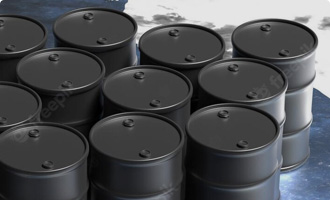Oil & Gas: Investment Opportunities in Energy Markets
What is Oil and Natural Gas Trading?
Oil and natural gas trade is one of the cornerstones of the energy sector. This trade involves the buying and selling of oil and natural gas between energy companies, investors and other stakeholders. Both crude oil and natural gas play a major role in energy production, consumption and trade around the world. Trading transactions can be carried out in spot markets or futures markets.
How to Trade Oil and Natural Gas?
Oil and gas trading can occur in different markets. While physical products are bought and sold at current prices in the spot market, transactions can be made on future prices in the futures markets. These transactions can be carried out through brokerage firms or online trading platforms.
Advantages and Risks
Advantages:
- High Liquidity: Oil and natural gas are commodities in high demand around the world and therefore their liquidity is high.
- Various Investment Instruments: It is possible to trade a variety of instruments such as futures contracts, options and ETFs.
- Global Market: Since oil and natural gas trade is a global market, it can be affected by the economic conditions of different countries and different trading strategies can be created.
Risks:
- Price Volatility: Energy markets can be subject to rapid price fluctuations, which means high risk for investors.
- Geopolitical Factors: Oil and gas trade can be affected by political conflicts, production disruptions and geopolitical factors.
- Demand and Technology Changes: The development of renewable energy sources and increased energy efficiency measures may affect demand.
Frequently Asked Questions (FAQ):
- What type of account do I need to open to trade oil and gas?
- To trade, you need to open a trading account at a brokerage firm. With this account, you can manage your transactions via online trading platforms.
- What affects oil and natural gas prices?
- Prices may be affected by factors such as supply-demand balance, geopolitical developments, production cuts, economic growth and energy policies.
- What kind of information do I need to trade oil and gas?
- An understanding of basic economic and energy market information, price analysis and trading strategies is required.
- How can I manage risk when trading oil and gas?
- You can manage risks with methods such as diversification, stop-loss orders and market analysis.
- Which type of trading instrument should I choose as a beginner?
- Beginners may often choose to start with simpler instruments such as energy ETFs or futures contracts.


